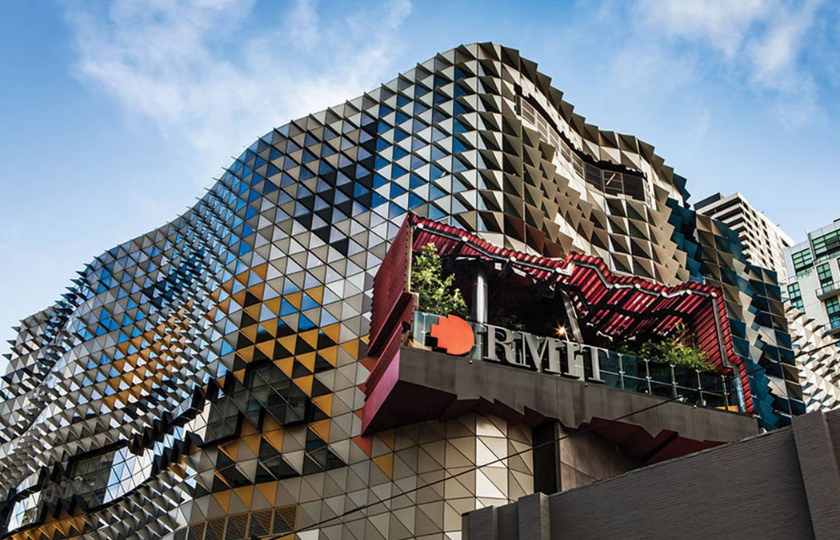The Royal Melbourne Institute of Technology (RMIT) University in Australia says it has reduced its carbon emissions by 74 per cent.
The university is bringing forward its carbon-neutral target by five years after achieving the biggest on-site emissions reduction of any tertiary institution in the country. It said it achieved the milestone through key initiatives to reduce and remove carbon across its operations.
“RMIT is moving with urgency to address climate change by reducing our carbon emissions across every aspect of our operations globally to become carbon neutral by 2025,” said Prof Alec Cameron, vice-chancellor and president at RMIT.
“Our commitment goes beyond becoming carbon neutral. We are also incorporating sustainability principles and practices into our learning and teaching, research and operational activities within the communities we serve.”
Some of the key initiatives that helped the university reduce its carbon emissions include:
- Establishing partnerships with Victorian wind farms, with 44 of the university’s largest buildings and 75 per cent of total grid electricity sourced from renewable energy.
- Transforming existing buildings to achieve a sustainable structure, with the New Academic Street and OurPlace projects achieving a 5-star Green Star rating by the Green Building Council of Australia.
- Switching to LED lighting and adding enhanced control and motion sensors at the Saigon South Campus in Vietnam to reduce energy consumption.
“Climate change is one of the most significant challenges of our times, and our staff and students stand with us as we take meaningful steps to create a positive impact on climate action,” Prof Cameron added.
RMIT will join the United Nations Race to Zero Universities and Colleges global initiative for a zero-carbon future.



